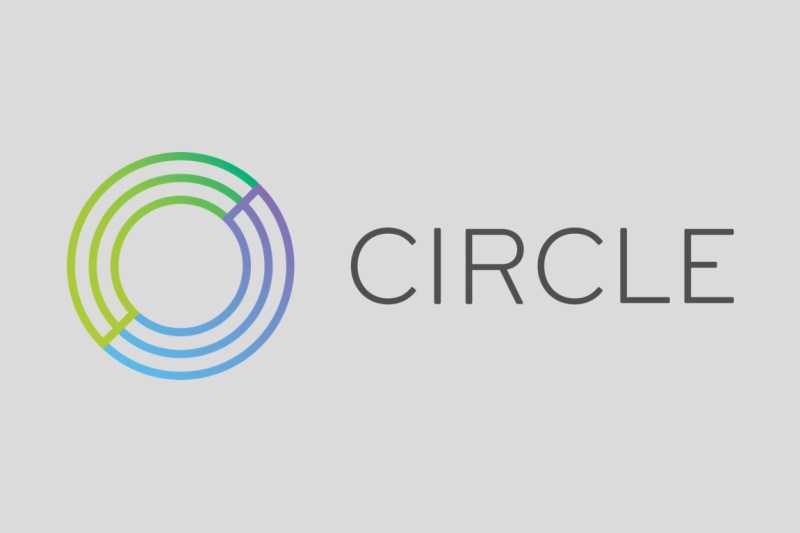
Circle Internet Financial, one of the crypto industry’s largest bitcoin wallet services, has become the first to be granted a BitLicense to operate in New York State.
The BitLicense regulations govern how businesses engaged in virtual currency can operate in the state. They mandate the rough equivalent of the rules applied to money transmission businesses, but also contain additional virtual currency-specific provisions. Many in the industry have criticized the rules as overly burdensome and liable to stifle innovation.
The rules were finalized and came into effect in June this year.
Circle was critical of the regulations throughout their drafting process, and even questioned the need for their existence. Nevertheless, as one of the larger industry players, Circle is better positioned to withstand them, and ultimately, the company acknowledged them as important for the industry.
On its blog, the co-founders write:
“We’ve been fairly vocal about our concerns with the BitLicense, especially in its initial incarnation. Many of those issues were resolved, and though still not perfect, the BitLicense and its requirements became clear and irrefutable prerequisites for serving and supporting everyone in New York.”
Industry businesses have been split on whether it is worthwhile to pursue the license. Some have announced their intentions to get it, others said they will no longer be serving New York customers.
Bitcoin exchange itBit is absolved from the licensing requirements by virtue of its obtaining a trust charter as a financial institution.
USD Payments
Circle has also added the ability for users to make USD payments between each other.
Coinbase, another heavyweight wallet service, added USD to its wallets late last year. ChangeTip, whose bitcoin-powered tipping service has been lauded as a prototype for micropayments, has also added a USD option. To the user, the experience is the same, and for the wallet, the internal accounting exercise is currency agnostic.
In the blog post, Circle actually devoted initial attention to the USD payment feature, later noting that “as part of this release”, it is fully compliant with the BitLicense regulations. It also framed the addition as part of a vision that “includes everyone everywhere, and it isn’t limited to one currency we share with friends and family.”

